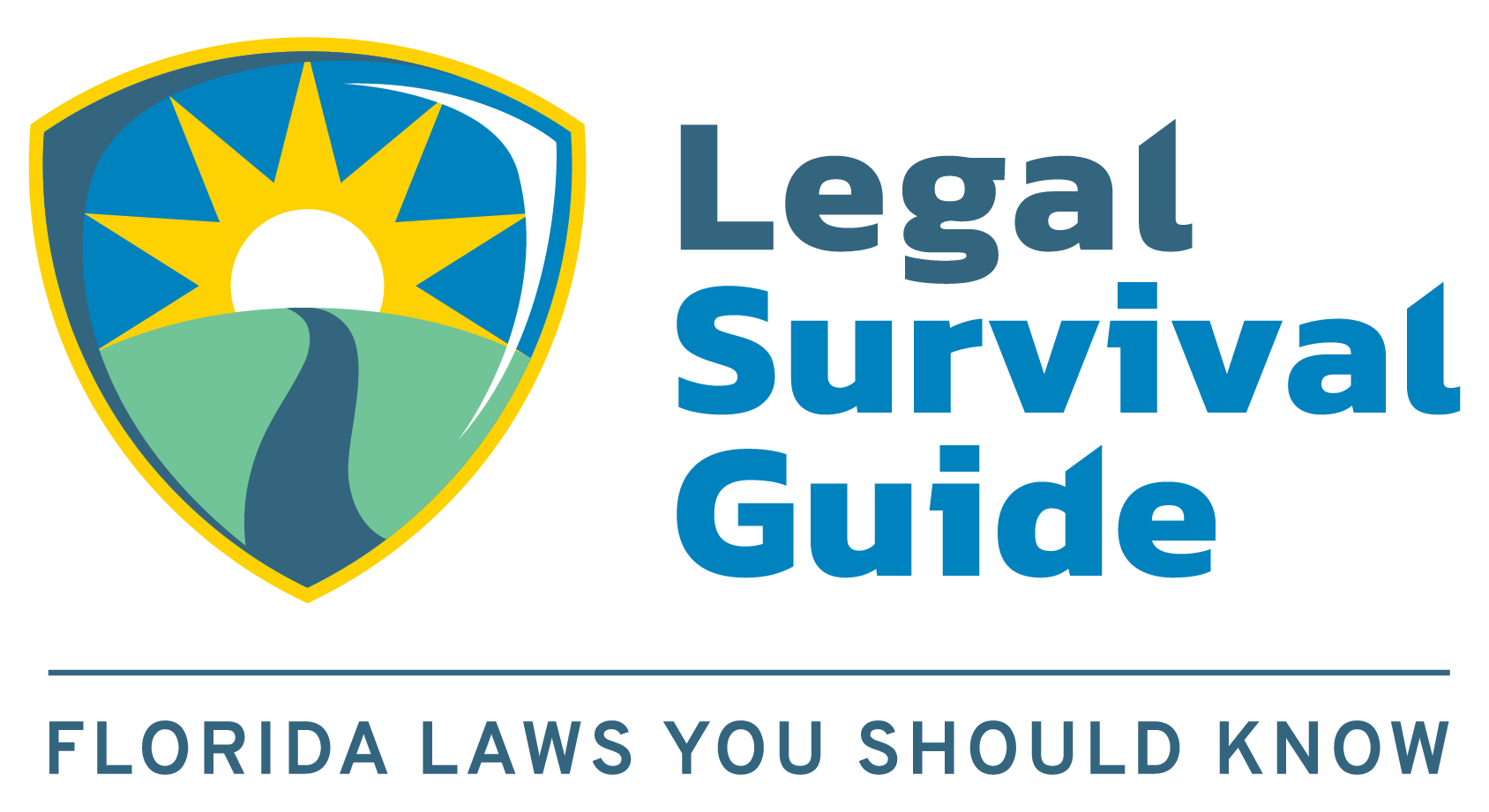Florida is one of more than 30 states recognizing the “Castle Doctrine,” which means that residents may use force, including deadly force, to protect their “castle.”
A person’s “castle” would be considered their home or personal property in Florida.
Duty to Retreat
Florida residents do not have a legal duty to retreat from an attacker on their personal property or in a place where they are lawfully present. A duty to retreat is the expectation that a threatened person will make a reasonable effort to escape the situation. While this is present in some other states, it is not present under Florida’s self-defense laws, meaning you do not have to try to escape an attacker when in your own home.
Non-Deadly vs. Deadly Force
As mentioned in Florida Self-Defense Law, there are two types of force: non-deadly force and deadly force. Non-deadly force is an action such as hitting or shoving, while deadly force would likely cause significant bodily harm or risk of death. A person may use or threaten deadly force to prevent a “forcible felony,” which includes assault, burglary, or kidnapping.
Floridians may “stand their ground” and meet force with force if they reasonably believe it is necessary to prevent death or harm to themselves or others.
A person who lawfully uses or threatens to use force as permitted by Florida’s self defense laws is immune from criminal prosecution and civil action against the individual at whom the force was directed unless it was a law enforcement officer engaging in his or her official duties.
Self-Defense During Trial
The defense attorney may introduce the issue of self-defense at a pretrial hearing or during a trial. If the judge believes the conflict’s circumstances justified acting in self-defense, all charges shall be dismissed. If the judge finds the defendant is not immune from prosecution, a defense attorney may still argue self-defense to the jury so they can decide whether the defendant’s actions were justified.
When a jury evaluates a claim of self-defense, the court will ask them to examine the circumstances and consider what a reasonable person would have done. If a defendant in a Florida criminal case presents any evidence of self-defense, the state must overcome the claim of self-defense beyond a reasonable doubt. A low standard of evidence is required to prove that a defendant acted in self-defense.
Circumstances when “Stand Your Ground” does not justify the use of violent force include:
| CIRCUMSTANCE: | EXAMPLE: |
| If a person uses deadline force while engaged in illegal activity | A drug dealer shoots someone trying to rob them during a drug deal |
| If a person uses deadly force against a law enforcement officer acting within their official duties | A police officer with a warrant enters your home after announcing themselves |
| If a person uses deadly force in self-defense in a place they are not legally allowed to be | A person feels threatened after breaking into someone’s house and trespassing |
While many states have “Stand Your Ground” laws, they often vary in their requirements for legal duties to retreat or prove self-defense.

